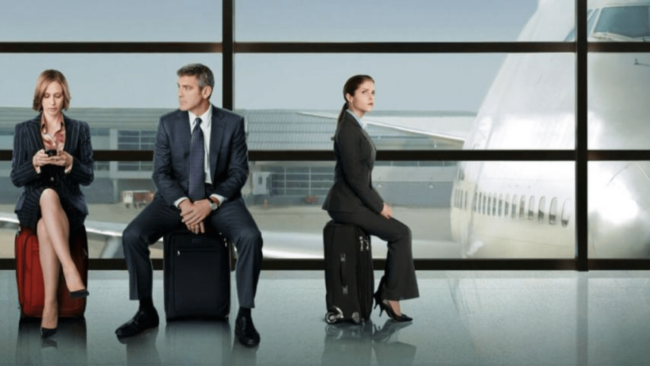
With the rise of low-cost airlines, air travel is within everyone’s reach. Today, a plane ticket can cost less than a train ticket. This mode of transport is very popular with travellers because of its speed, but it is also the most polluting because of GHG (greenhouse gas) emissions. This is reflected in the offers of tour operators who often include long-haul flights in their holiday packages. Faced with travellers who are increasingly concerned about climate issues, it is essential for tourism professionals to review their economic model.
The airplane, the most polluting mode of transport
The explosion of air traffic in recent years has caused a significant increase in CO2 emissions: +21% in 3 years. Today, the airplane is considered the most polluting form of transport, far ahead of the train. Responsible for 3% of global GHG emissions, the aviation sector is in the crosshairs of environmental movements. This dissatisfaction can be justified by a simple observation: air travel is the only mode of transport exempt from environmental taxes. This decision dates back to the Chicago Convention. At the time, many countries signed an agreement to prevent the taxation of kerosene (the fuel used in aircraft) in order to develop air transport. However, this objective has largely been achieved and global warming has become the priority.
Steps have been taken to reduce the environmental footprint left by aircraft. The CORSIA programme, adopted by the 191 Member States of the ICAO (International Civil Aviation Organisation), aims to cap GHG emissions from the aviation sector over the next few years. At the same time, Brazil, the United States and Japan impose a kerosene tax on domestic flights. Today many European countries are also in favour of introducing a tax. The decision is in the hands of our leaders.
The reaction of travellers
In recent years, more and more travellers have become aware of their impact on the environment. Indeed, the study conducted by BVA in collaboration with Les Entreprises du Voyage on the impact of global warming on air travel habits is indisputable. The majority of French people, 82%, are concerned about global warming. Nearly 63% are even willing to change their travel habits to limit their carbon footprint while travelling. In addition, a proportion of travellers are prepared to opt for a closer destination but also to use less polluting transport, even if it means giving up flying for good. Thus, global warming is changing the habits of travellers.
In Sweden, travellers’ dissatisfaction goes further. The Flygskam, “shame to fly”, has led to a drop in air traffic. Maja Ros�n and Lotta Hamar are calling for a boycott of this mode of transport through their “We Stay on the ground” campaign. Many Swedes are now rethinking the way they organise their holidays to favour less carbon-intensive modes of transport. Faced with this environmental issue, travellers’ expectations are changing. Tourism professionals must therefore react.
Strategies to be developed by travel experts
Although CO2 emissions are produced by aircraft, tour operators are also concerned by this ecological problem. As we have seen, the demands of travellers are changing. There is a real awareness on the part of citizens. Tourism stakeholders are therefore encouraged to review their CSR strategy in order to meet new customer expectations.
This change in strategy requires a transformation of the offers:
� Promote closer and more accessible destinations with less polluting transport
� Offer travellers more environmentally friendly flights. ONERA is working on electric aircraft models that could be commercialized by 2030.
� Marketing low-GHG emissions travel offers
� Targeting the local population around the tourist residences
� Raise travellers’ awareness of carbon offset projects. Tour operators could communicate a list of projects in which travellers can invest to offset GHG emissions emitted during their trip.
The World Travel and Tourism Council (WTTC) is considering identifying tourism stakeholders involved in reducing the carbon footprint. This guide would allow travellers to easily identify companies that are sensitive to this issue.
A few months before the summer holidays, some travellers are considering changing their plans for this summer. This is due to an increased awareness of the environmental impact of the aviation sector. Travellers now want to use other, “cleaner” modes of transport to limit GHG emissions. This change in attitude should be seen as an opportunity for the tourism sector. Offering more environmentally friendly offers is a successful long-term strategy for travel experts. The effects will be positive for customers, tour operators and also for our planet.